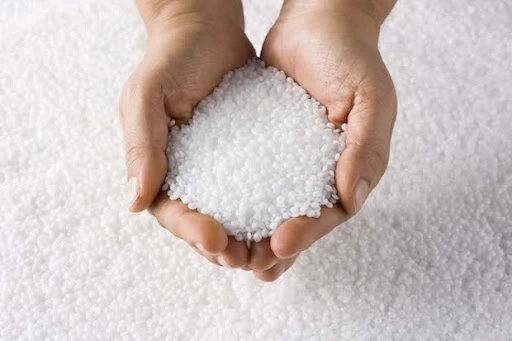Masterbatches are already-mixed mixtures that keep colorants and additives from clumping. They have more additives in the host resin in higher concentrations. Masterbatches are like ferroalloys, which are used to make steel. Using them, a factory can keep less of each type of polymer on hand and buy natural polymers in large quantities. Slip masterbatches also give the final product properties that people want. Keep reading to know the top 5 benefits of slip masterbatches.
Make It Easier To Process
Plastic processing aid masterbatches are fluoropolymer-based concentrates that help thermoplastic resins flow better when pushed through an extruder. They eliminate flow marks, die lines, and make the product look better. Even when added in small amounts, these additives work well. Read on to find out more about what masterbatches can do for you. Here are some examples of these kinds of ingredients. They are a great way to improve the quality and ease of making your product.
Lower the Costs of Raw Materials
Slip masterbatches are materials that combine or mix other materials to make a specific material. Plastics can be made more robust and more chemically stable by adding this compound. They also come in different ranges of color and can be mixed to create other effects. They are an excellent way to save money because they cost less than base plastic. However, how can you use these polymers most effectively? Here are some ways to use them to their fullest potential.
Give the final product the qualities you want.
In this invention, a method for making slip masterbatches is shown. This method allows many liquid additives to be mixed into polymer resin without any carrier materials. This method leads to a more effective masterbatch with suitable properties and costs less than other methods. In addition, the masterbatch can be made with the right amount of liquid additives, which makes the product easier to handle and use.
Prevent Blocking During Wind-Up
Anti-blocking additives are put into plastics to keep them from getting stuck during wind-up. These additives stop blocking at the surface where two films touch each other by reducing the amount of contact and making the distance between layers bigger. Blocking can cause a polymer film to have more friction and work less well, so it is essential to add anti-blocking additives to a polymer blend.
Rule on Slip and Anti-Static Properties
Different slip masterbatches on the market can be used to control how slippery or anti-static polymer materials are. Talc is the main ingredient in transparent masterbatches used to make blown films, woven sacks, and raffia tapes.
Slip masterbatches can control the buildup of a static charge and the slip and anti-static properties. Static electricity can make plastic sheets stick together, attract dust and dryness, and even make sparks. Plastics are especially prone to static electricity because they don't conduct electricity well. Anti-static masterbatches can help the plastics industry deal with this charge.
Static electricity can make it hard to package and process things. Dust tends to stick to polymers, which can damage electronic circuit boards. It can also cause fires if the packaging is near things that can catch fire. Anti-static agents must be used to cover these polymers. Slip masterbatches meet the standards of the food industry. It is made into FIBC bags, shade nets, and twines for greenhouses
0



